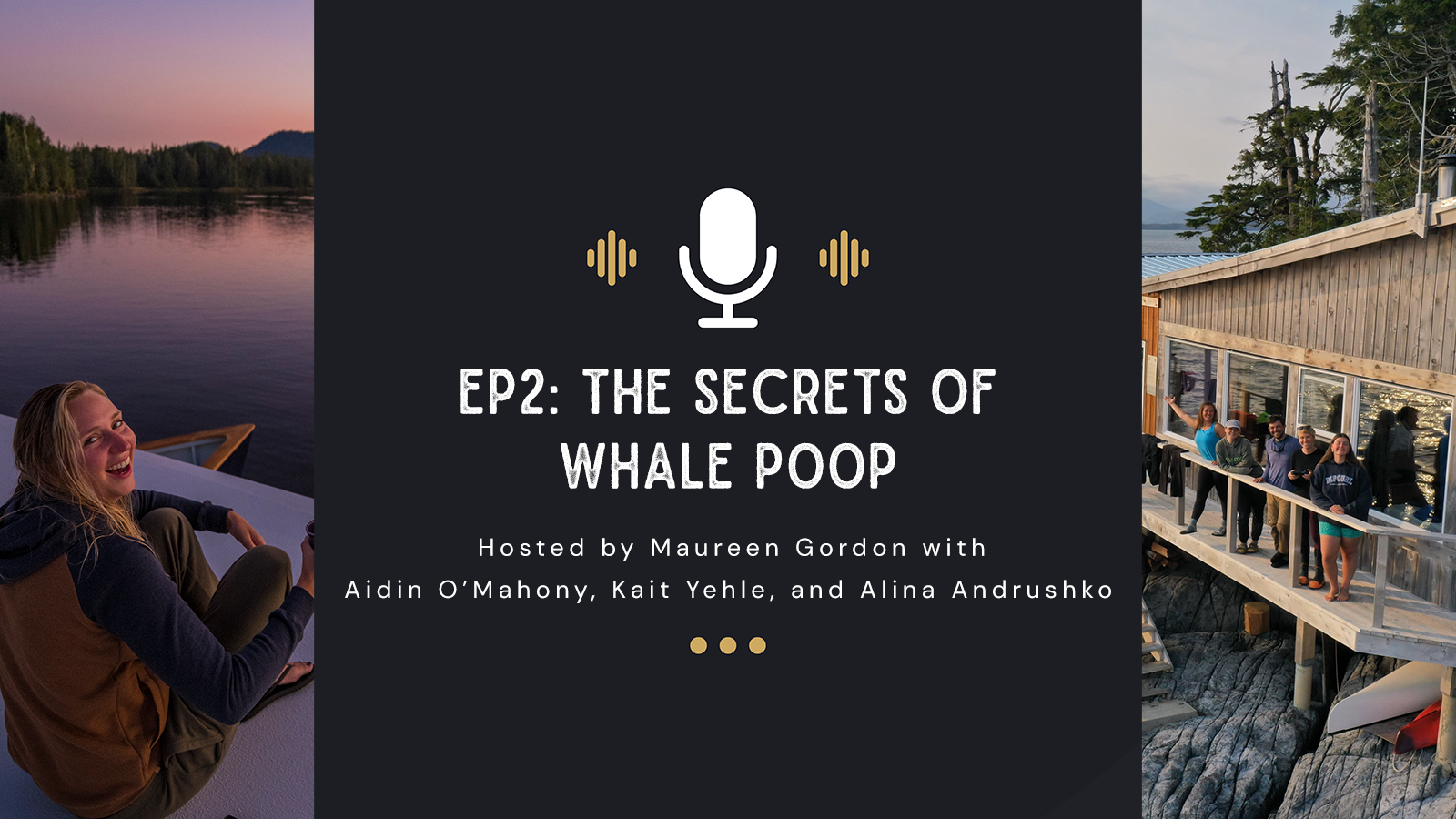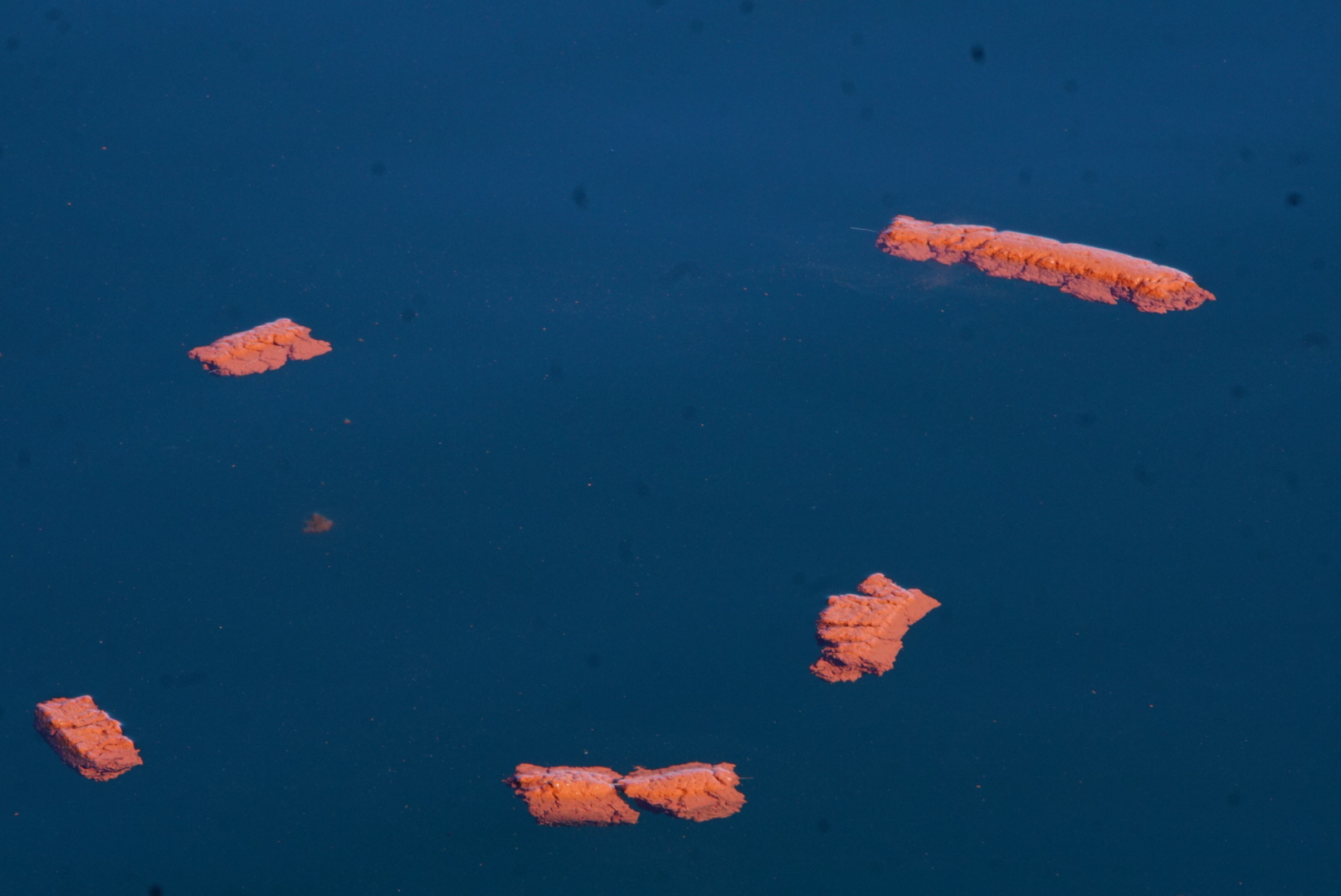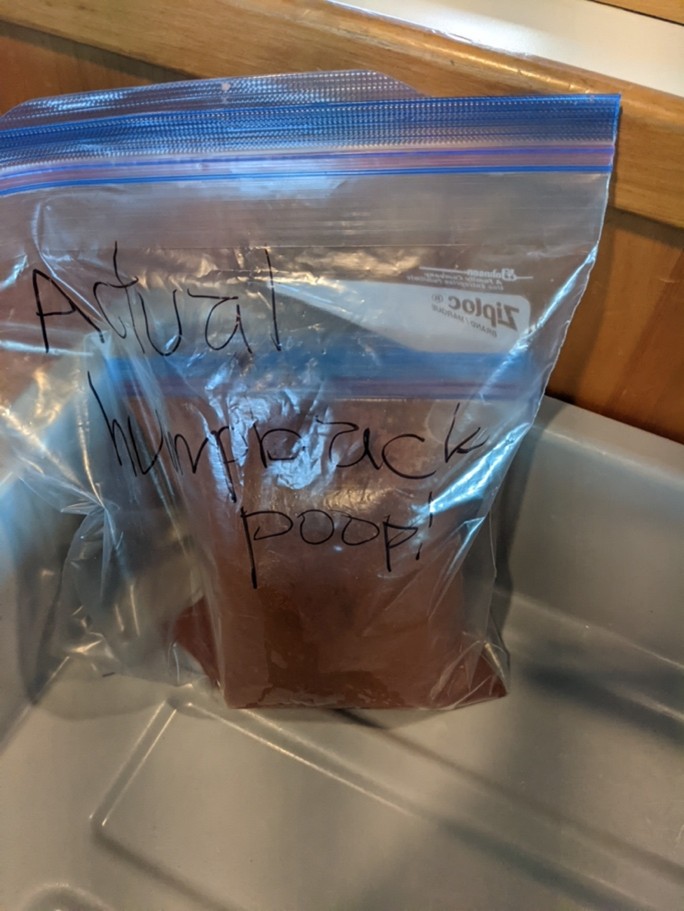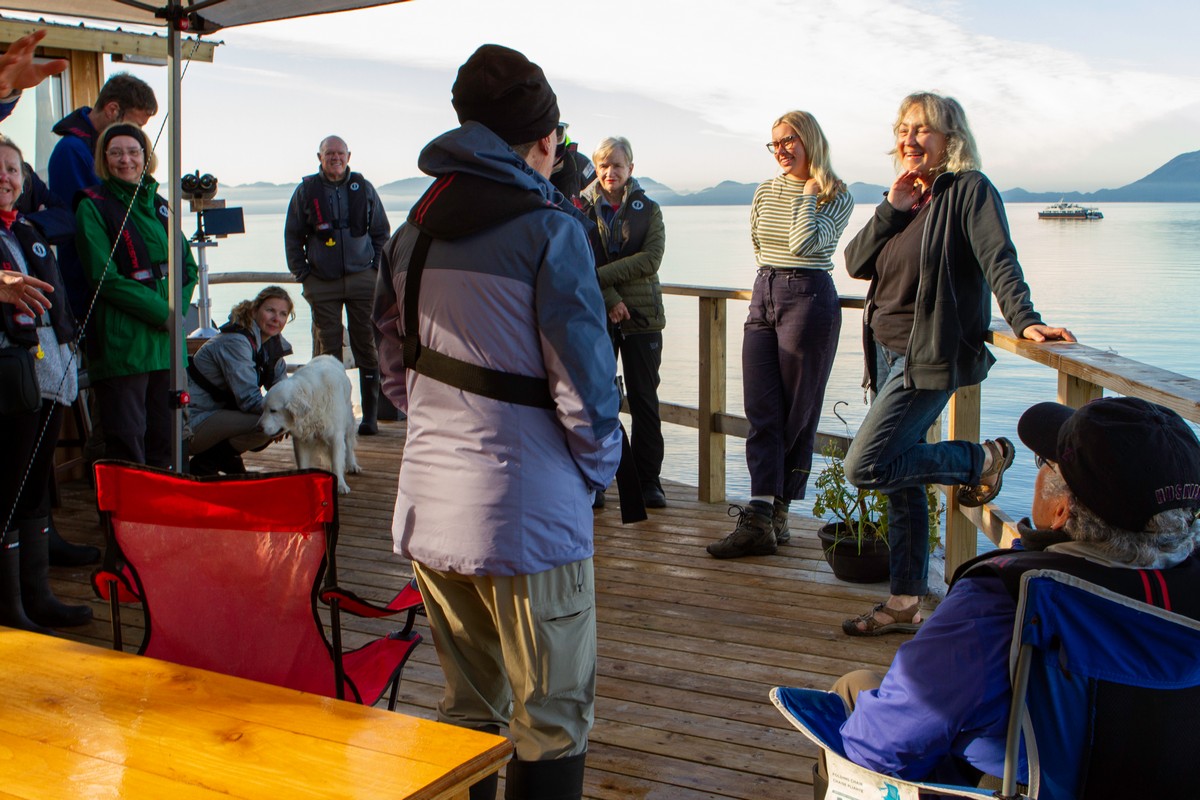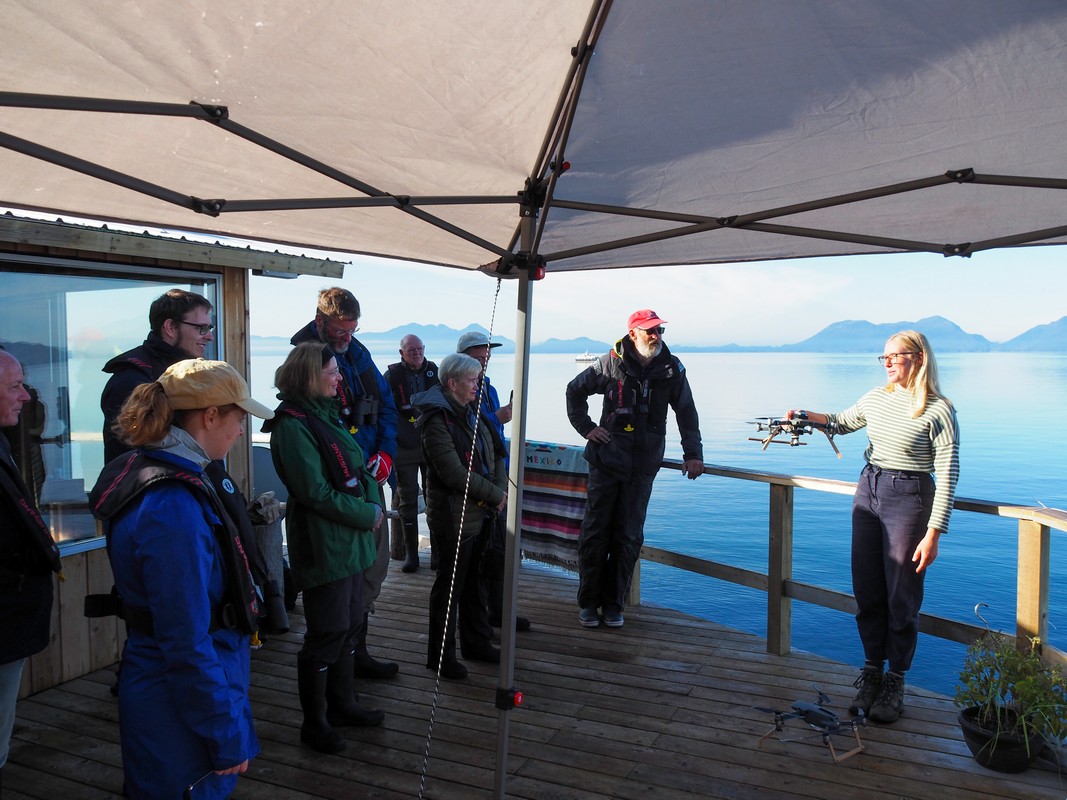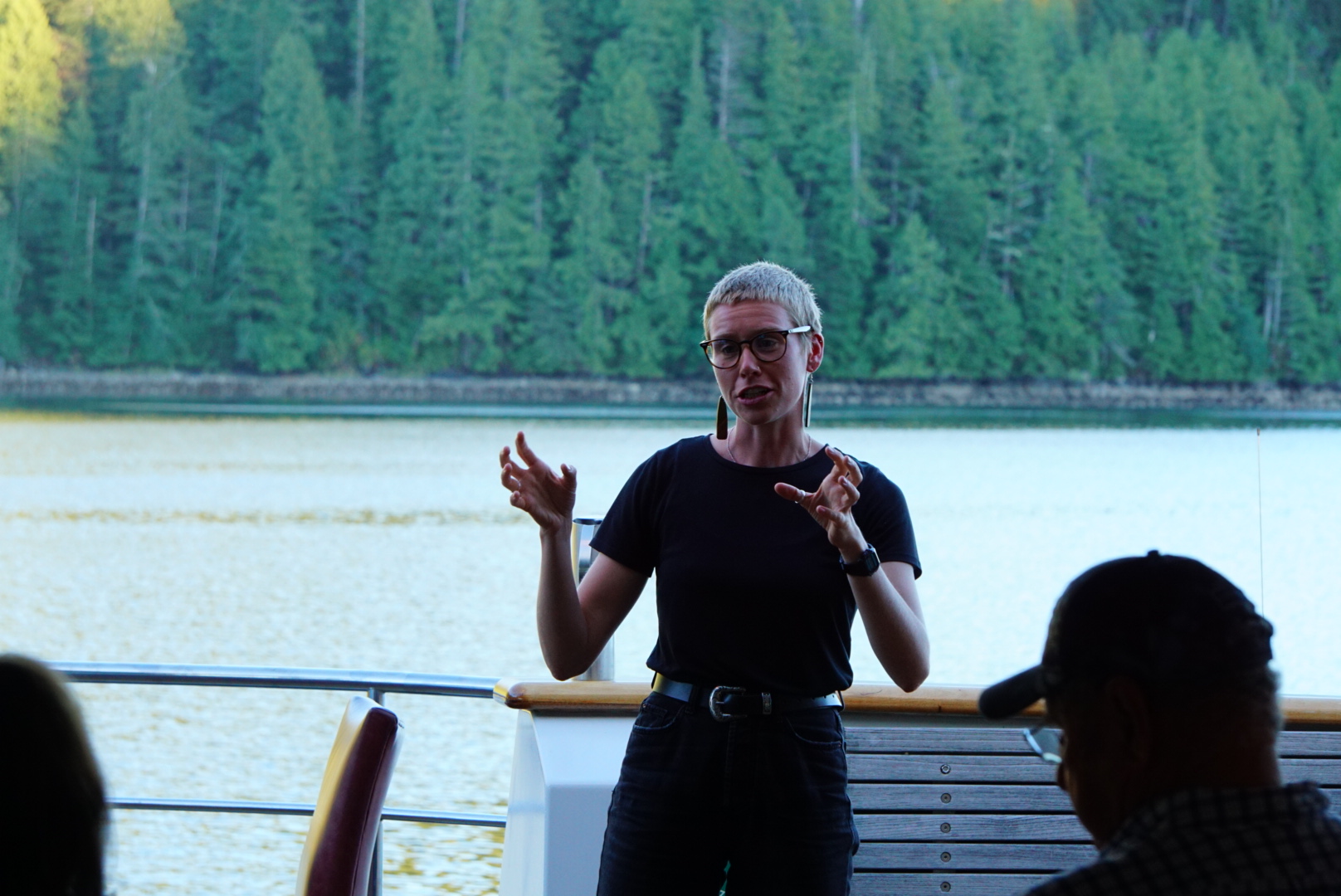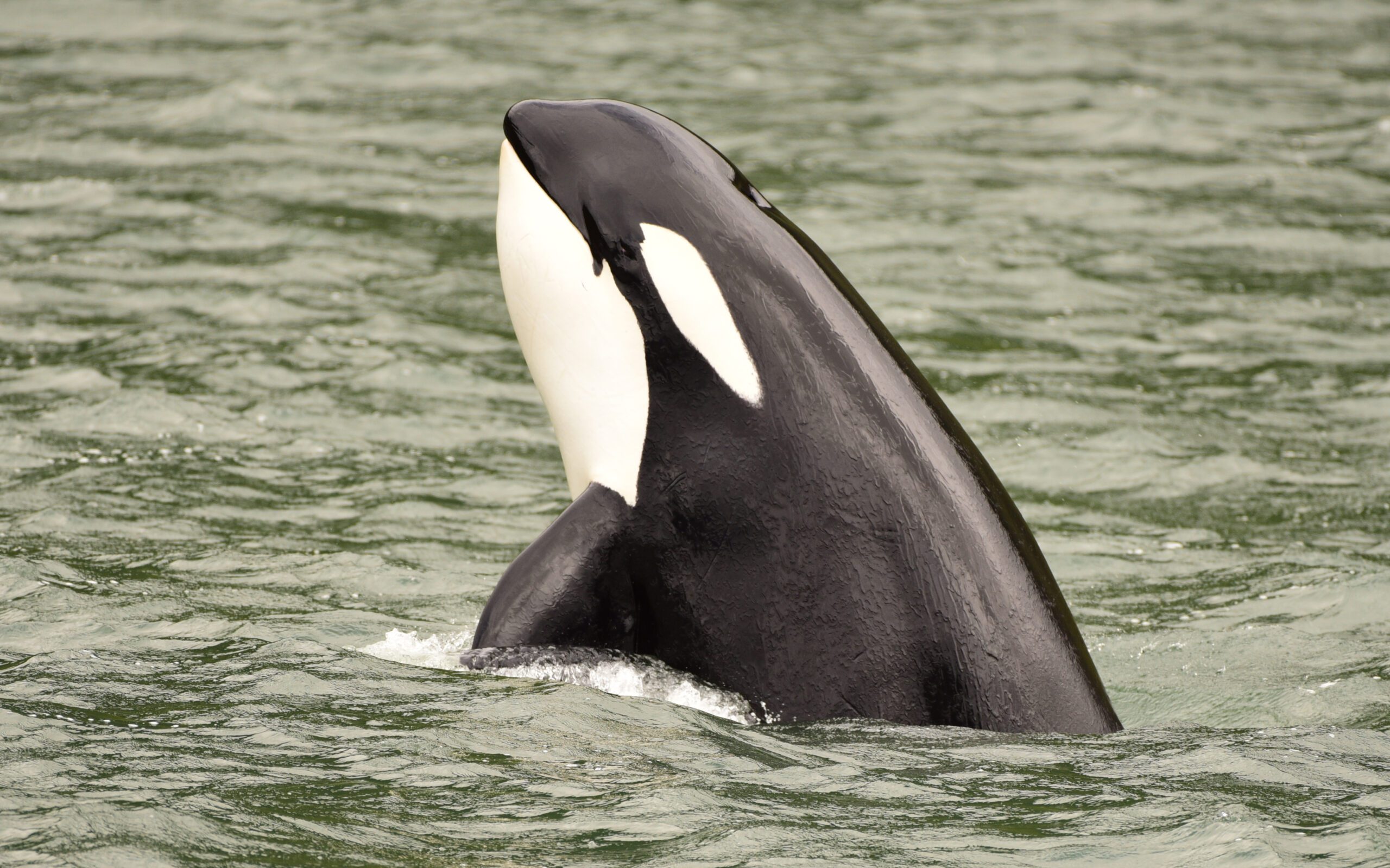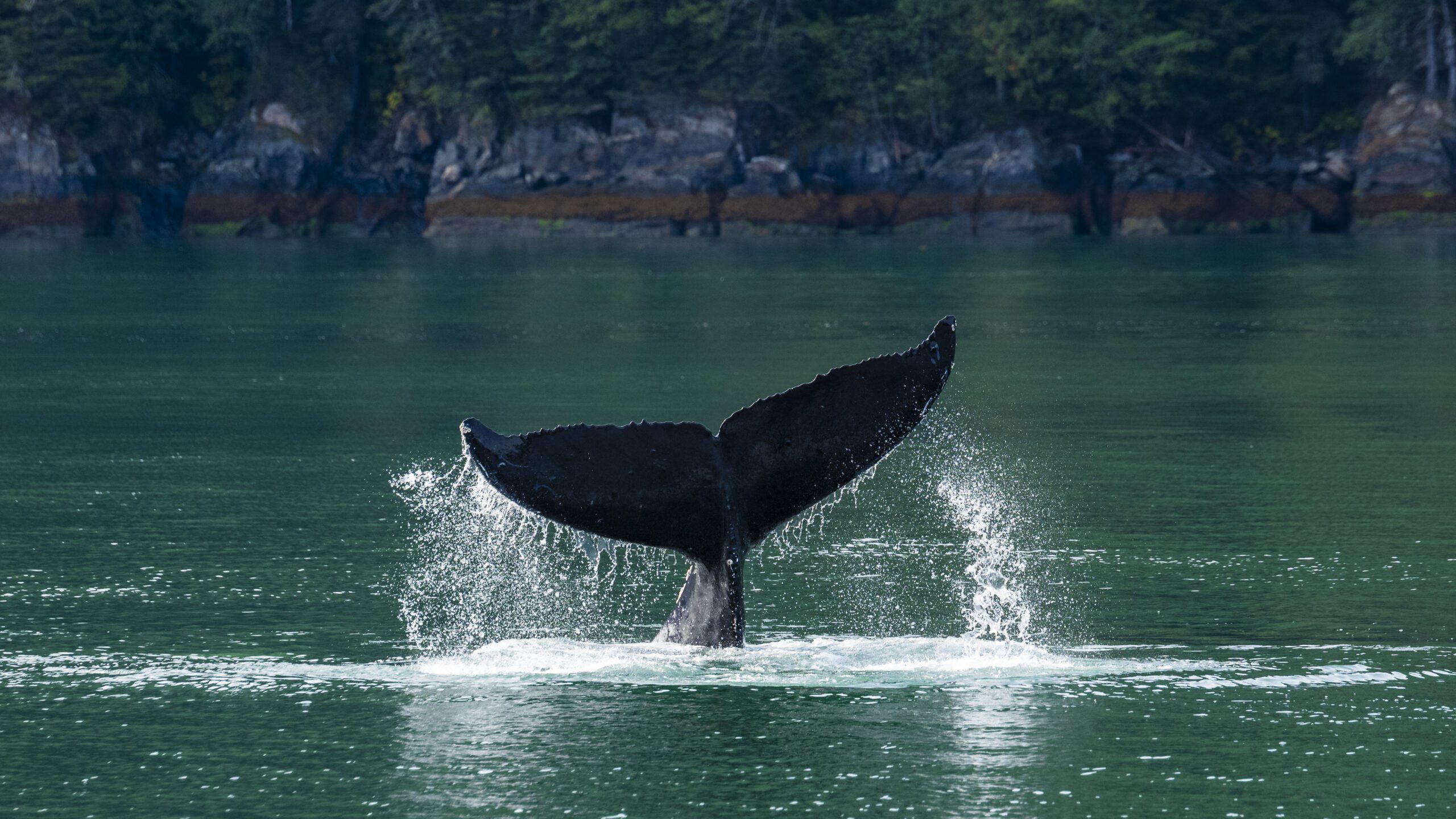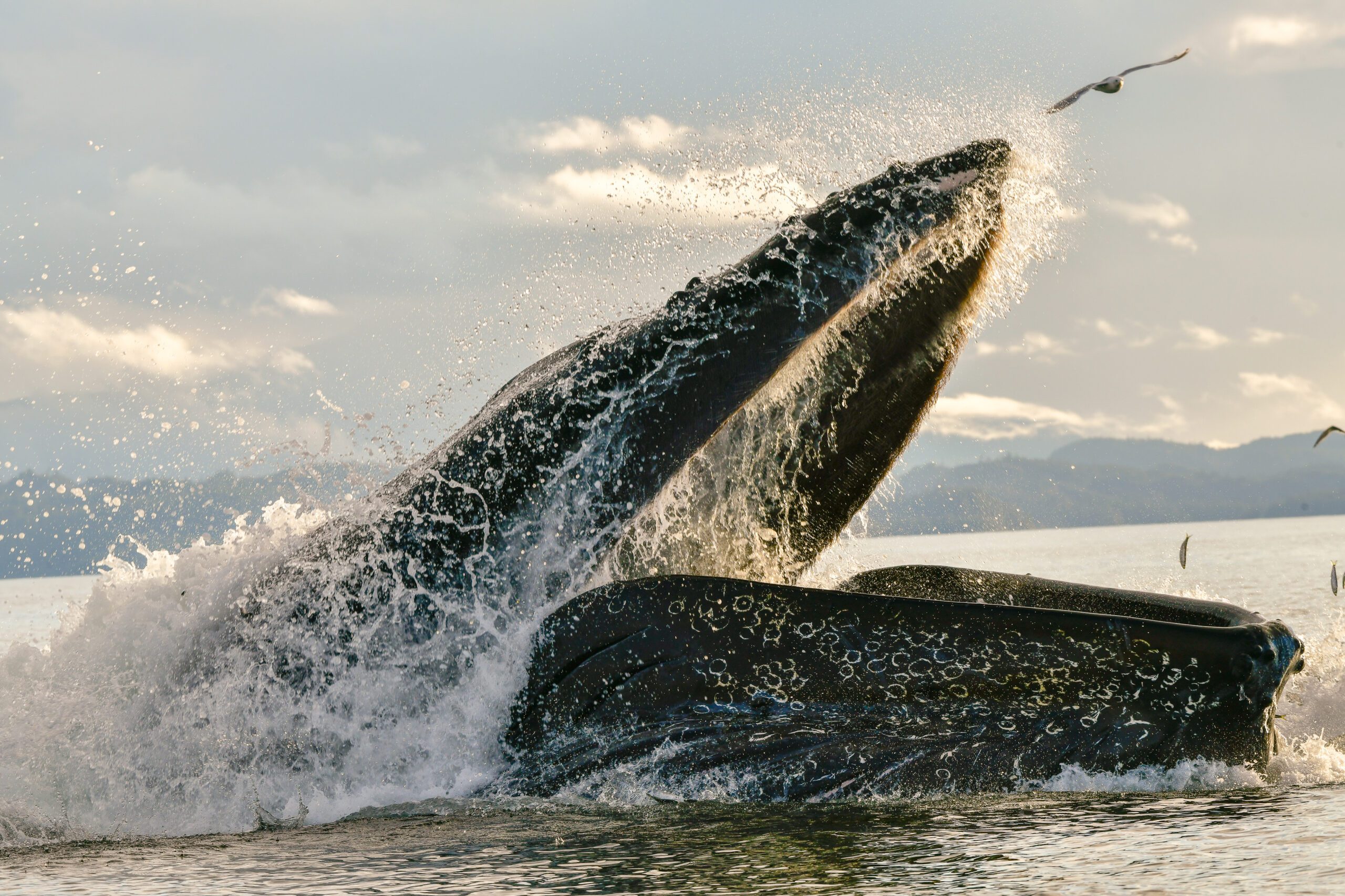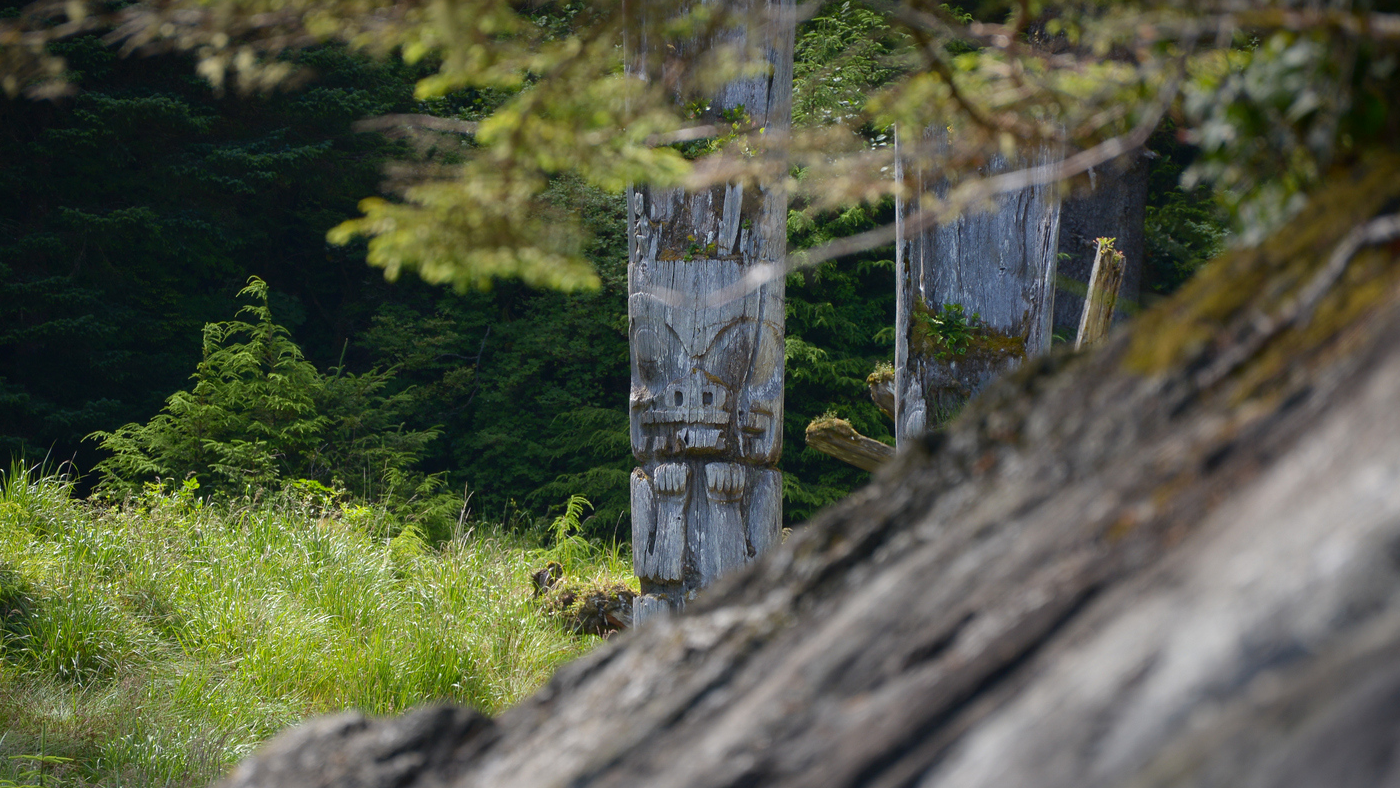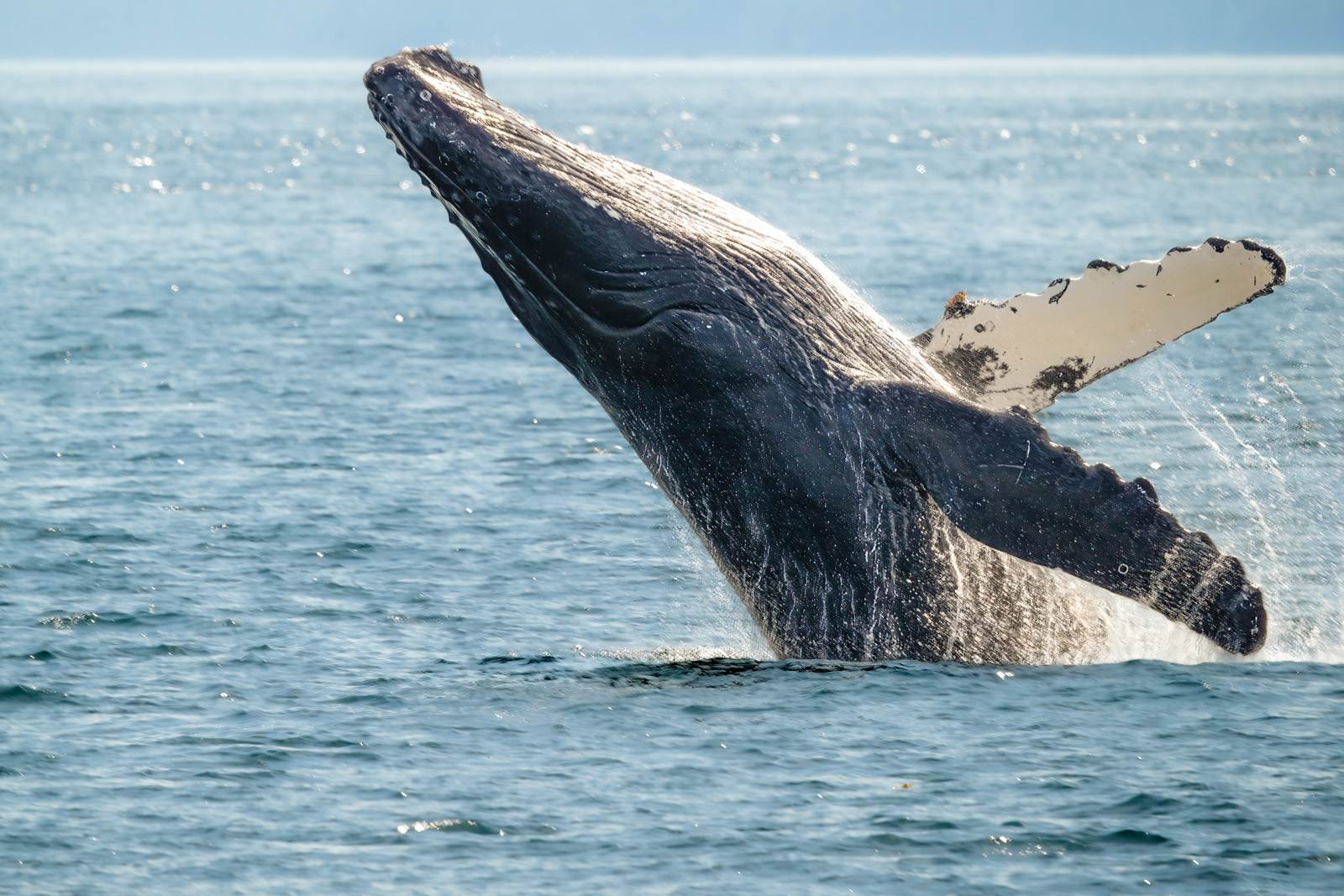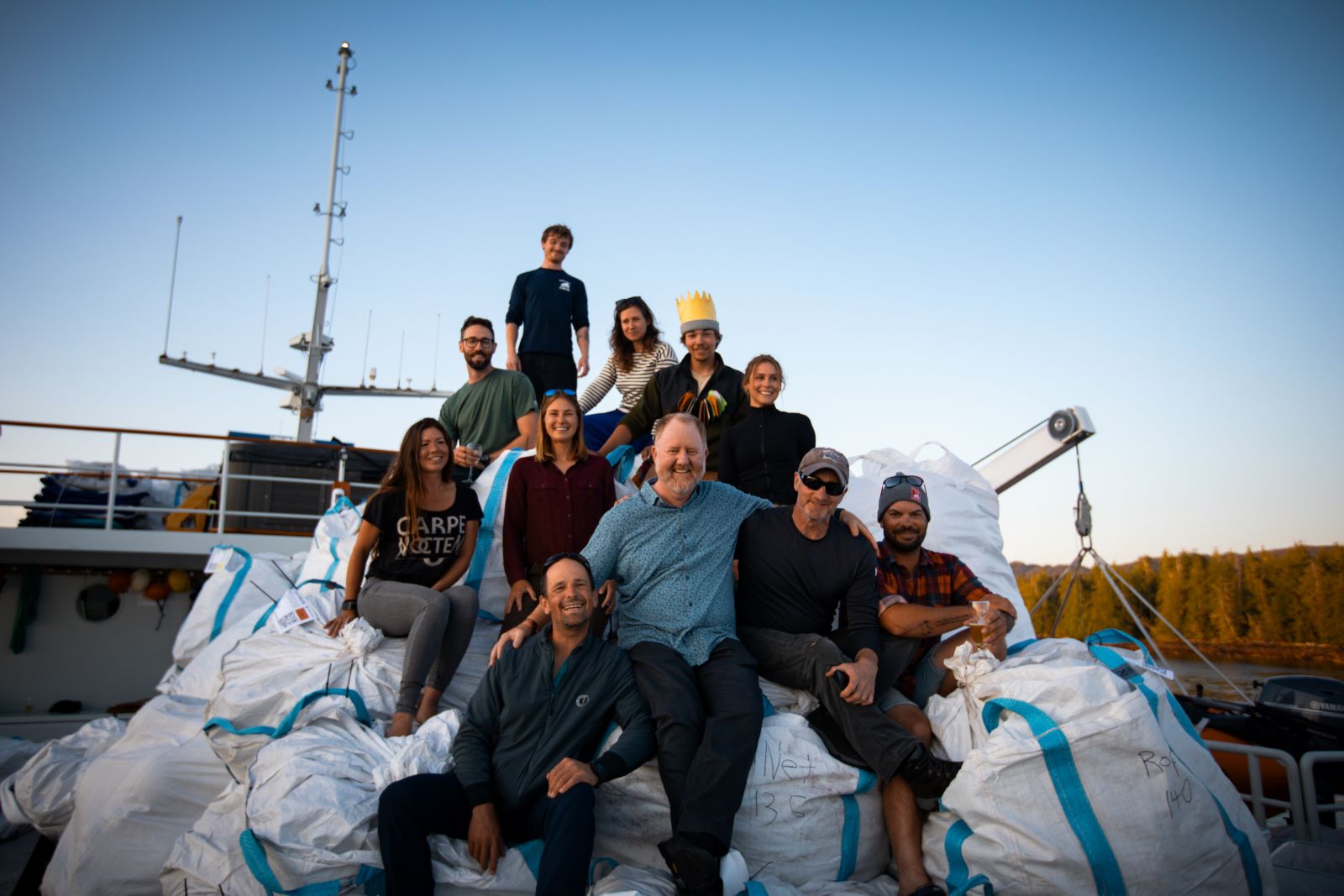What can a cloud of whale poop—or a breathy mist from a blowhole—tell us about the giants of the sea? In this episode of Charted Waters, host Maureen Gordon explores the unexpectedly rich world of whale DNA science, from fecal analysis to blow collection.
Maureen is joined by Kait Yehle, a biologist with Skeena Wild whose research into whale stress hormones and microbiomes is helping us better understand how whales live, eat, and cope in today’s oceans. She shares insights from her years studying cetaceans off the BC coast, including killer whales in the Salish Sea.
We’re also joined by Alina Andrushko, a longtime Maple Leaf Adventures guide who shares a firsthand account of encountering whale poop at sea—and what it’s like to be a non-scientist on the front lines of this unique research.
And later in the episode, we hear from Éadín O’Mahony, a PhD candidate with the Sea Mammal Research Unit at the University of St Andrews, about her work collecting whale blows in Gitga’at Territory and what these samples reveal about genetic relationships between humpbacks.
Listen now on Spotify, Apple, YouTube Music, or wherever you go to for Podcasts:
Topics in this episode include
- What whale poop reveals about diet, stress, and family
- The history of “scat science” on the BC coast
- Whale microbiomes and why they matter
- DNA research from whale blow
- Stories from the field (and the poop deck!)
- How you can help protect these remarkable animals
Featured Guests
- Éadín O’Mahony, PhD Candidate, Sea Mammal Research Unit, University of St Andrews
- Kait Yehle, Biologist, Skeena Wild
- Alina Andrushko, Expedition Guide, Maple Leaf Adventures
Links & Other Resources
- Using Poop to Identify Individual Killer Whales
- Kaitlin Yehle talks Whale Poop [Video]
- Just Another Day Collecting Whale Poo
- Can Whales Mitigate Climate Change?
- Éadin O’Mahony – Research Profile
- @bcwhales on Instagram
- @skeenawild.conservation.trust on Instagram
